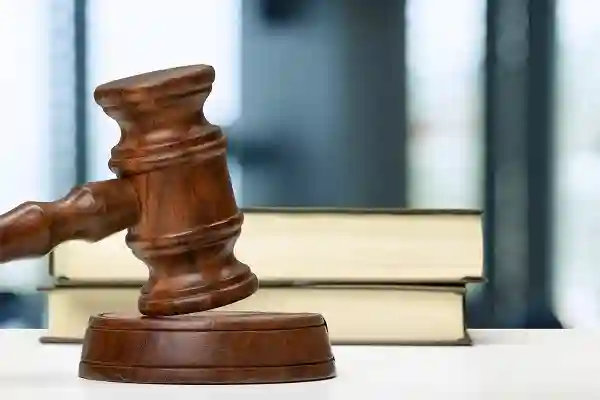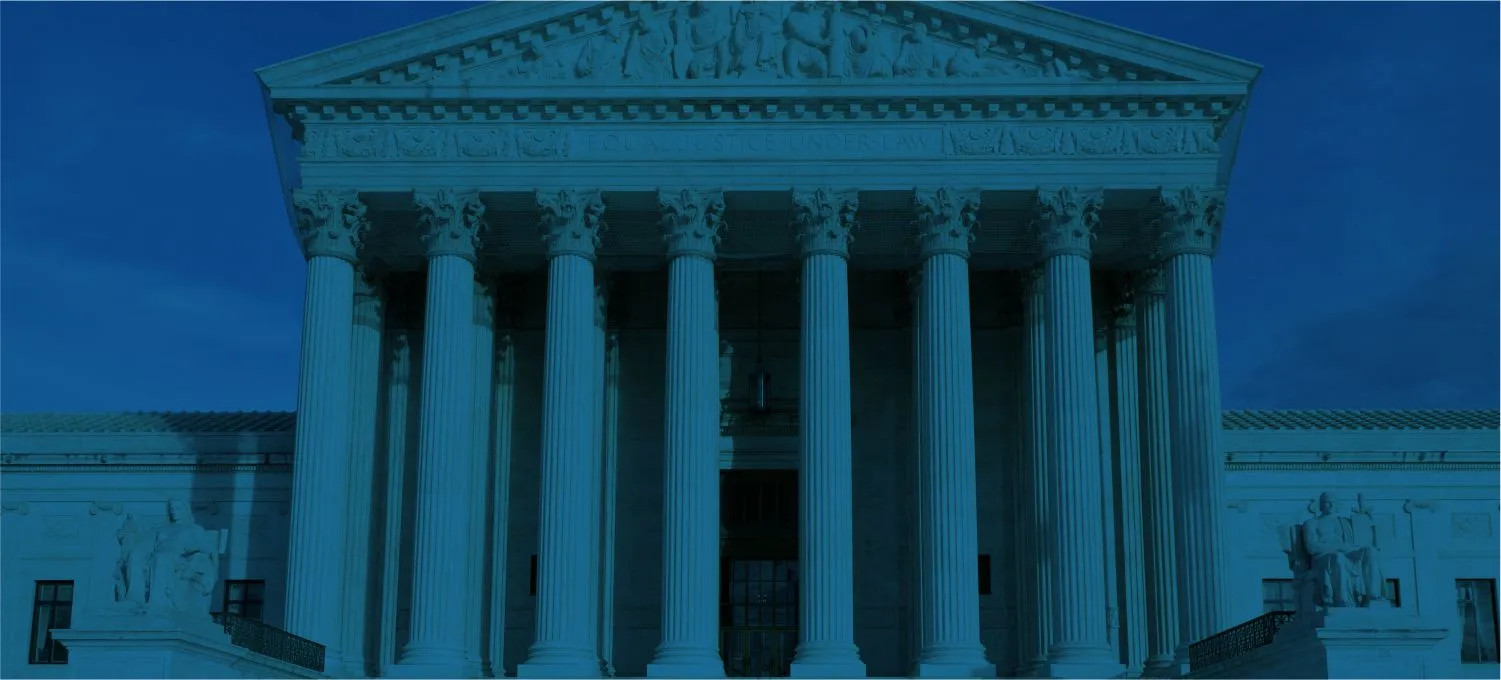Preliminary Hearings Lawyer Philadelphia
Call: (215)-799-9990
Being charged with any crime can be deeply frustrating, especially if you do not have anyone to turn to for help during the process. The first step in most Pennsylvania criminal cases is what is known as a “preliminary hearing.”
A Preliminary Hearing is the first time you are able to hear the evidence in your case. A Preliminary Hearing is a hearing in Magisterial District Court (or in Municipal Court in Philadelphia) where the judge makes a decision on whether enough evidence exists for the case to proceed to the Court of Common Pleas.
When a Preliminary Hearing is scheduled, you will have two options: 1) have the hearing and have the opportunity to cross examine the witness; or 2) waive the hearing in exchange for something, usually lowered bail or consideration for entrance into a diversionary program.
Legal Standards at a Preliminary Hearing
 The standard to be met in a Preliminary Hearing, in layman’s terms, is the establishment of two things: firstly, that a crime was committed and secondly, that you can be connected to it. Pennsylvania case law is well settled in this respect. If the Commonwealth can establish that a crime was committed, and you are connected to it in some direct fashion, then the case can and will proceed to the Court of Common Pleas.Most cases will survive a Preliminary Hearing, but there are cases in which having an experienced and skilled attorney can tip the balance. For example, if the facts do not make out a crime, having an experienced and skilled attorney will ensure that the Court is aware of this. Similarly, if you were nowhere near the incident, an experienced and skilled attorney can bring those facts to light during cross examination, or even call witnesses on your behalf.
The standard to be met in a Preliminary Hearing, in layman’s terms, is the establishment of two things: firstly, that a crime was committed and secondly, that you can be connected to it. Pennsylvania case law is well settled in this respect. If the Commonwealth can establish that a crime was committed, and you are connected to it in some direct fashion, then the case can and will proceed to the Court of Common Pleas.Most cases will survive a Preliminary Hearing, but there are cases in which having an experienced and skilled attorney can tip the balance. For example, if the facts do not make out a crime, having an experienced and skilled attorney will ensure that the Court is aware of this. Similarly, if you were nowhere near the incident, an experienced and skilled attorney can bring those facts to light during cross examination, or even call witnesses on your behalf.
However, it is important to understand that the standard for the prosecution is very low. Additionally, under Pennsylvania law, any witness put forth by the prosecution cannot be impeached. So, if a person testifies they saw you commit a crime, their words cannot be called into question at a Preliminary Hearing. Even if the witness is lying, it is an issue that is relegated to the trial stage and cannot be litigated at the Preliminary Hearing.
Getting an experienced attorney to handle the case from day one will help identify weaknesses in the case, lock the witness into their statement (making it easier to discredit them at trial), and help you assess whether you want to take your case to trial or strike a deal with the District Attorney’s office.
Waiving Your Preliminary Hearing
If you instead choose to waive your Preliminary Hearing, it means you are choosing to forgo the opportunity to hear the evidence against you. This is done frequently outside of Philadelphia County, because you receive favorable consideration from the District Attorney’s Office, such as them dropping charges, reducing bail, or admission into a diversionary program, such as ARD or Section 17 probation.
In these cases, you are trading your right to hear the evidence in order to receive something in return. Judges, prosecutors, and police often encourage this in minor cases, or when they want to cut you a break.
What to Expect If You Don’t Waive Your Hearing
If you choose to hear the evidence, you may not get the consideration outlined above. However, your attorney can 1) get the witness’ story under oath in court; 2) poke holes in the witness’ story; or 3) get some or all of the charges dismissed.
This is where having an experienced skilled attorney makes the difference. If your lawyer is able to get the charges dismissed, then you’re free. If your attorney is unable to get the charges dismissed, your attorney can make an argument for lower bail, or even affect how prosecutors look at the case going forward. Every step of a criminal prosecution is an opportunity for your lawyer to show the prosecutor that he or she has a weak case. You should gain an advantage if you hire an experienced attorney.
What Happens After My Preliminary Hearing?
If you waive your Preliminary Hearing or the charges are held over, the Court will give you a date for what is called a “Formal Arraignment.” This type of hearing occurs in the Court of Common Pleas and is generally anywhere from one to three months after your Preliminary Hearing. After your formal arraignment, your case will proceed to trial, depending on how the county in which you were arrested manages criminal cases.
Quick Preliminary Hearing Facts
- This is not a court for the determination of guilt or innocence.
- The witness’ credibility cannot be called into question in this context.
- You have a right to call on witnesses, but limited to showing that a crime did not occur and/or that there’s no possible connection to you.
- In Theft, ID Theft, Burglary, and other theft offenses, the police can prove that you did not have permission to have an item or be in a place without the witness being at the hearing.
Why Should I Hire a Lawyer?
Given how bad the deck is stacked against an accused person at a Preliminary Hearing, why should you bother hiring an attorney for the hearing?
An experienced lawyer will be able to identify any and all issues with your case, affect the judgment of the prosecution early in the case, and perhaps even prove that you had nothing to do with the crime at this early juncture of the case.
Only an experienced attorney can help you successfully navigate the issues that can come up during a Preliminary Hearing.
Call The Law Offices of Greg Prosmushkin, P.C. today for a free consultation. Our experienced Criminal Defense Attorneys can help you navigate from the start of your criminal case, to the end. We encourage you to call us for your Free Consultation by calling (215)-799-9990 (Philadelphia Criminal Defense Lawyer).







